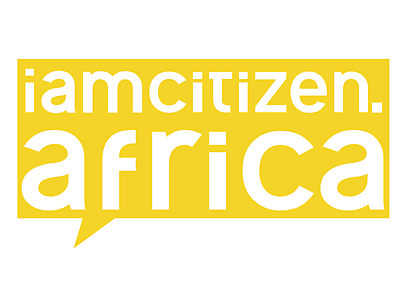Scaling Social Impact: What is really missing?
Posted by Ayanda Khuzwayo on 19 March 2021, 11:45 SAST

Dipalesa Mpye (Social Investment Specialist)
As more and more funders make the shift from traditional grantmaking to investing in strategic, system-shifting initiatives, conversations around scaling the impact of flagship programmes and successful pilot projects have dominated meeting agendas. The idea of scaling is not a new one. In the for-profit world, expansion of market reach, product offerings and operations form a fundamental part of the business case from the outset.
In the non-profit world, we see a growing base of resources ranging from “how-to scale” guides for non-profit leadership; conferences and courses focused on scaling initiatives; and even the steady development of innovative financing models. Despite this, examples of successfully scaled high-impact social interventions remain the exception rather than the rule in the South African context.
When it comes to scaling impact in the non-profit space, conversations typically focus on increasing targets (reaching more beneficiaries), improving outputs and outcomes, forming partnerships and collaborations, establishing relationships with government, navigating regulatory requirements, advocacy work and attracting diverse sources of long-term funding. While all of this is necessary, too little attention is often paid to organisational and programme readiness to scale in many instances.
Assessing such readiness requires brutally honest conversations and questions.
There are various models for scaling social interventions. A comprehensive landscape review conducted by the Growth Philanthropy Network and Duke University[1] reports that strategies range from geographic replication (e.g. setting up new offices in a different province) to non-replication options (e.g. working with an implementation partner or conducting advocacy work for policy change). In deciding on the appropriate model for scaling, organisations must carefully consider both the extent of control and coordination required, as well as the additional “business unusual” effort required from management and support teams. In practice, “business unusual” may mean taking a deliberate step back in order to move forward.
Although a positive evaluation of a programme’s impact is a necessary factor for deciding if it’s worth scaling up, this alone is not enough. Taking time out to carefully understand and document the critical factors for success, the most appropriate operating model, and systems and policies is essential. This process serves to reveal what must be replicated and what has to be fixed or discarded – not just at intervention level but also within the organisation itself.
At Tshikululu, we work with social investors to think through and shape the types of support required in scaling flagship programmes and pilot projects. Our two decades of experience in working closely with non-profits has afforded us a deep understanding of operational context, challenges, opportunities and strengths.
Above all, we understand that supporting non-profits to make the leap in scaling impact requires a more holistic approach to grantmaking. Scaling social impact requires comprehensive support that combines both funding and hands-on institutional capacity-building (people, processes, policies and systems). Unlike the for-profit start-up space that has seen an explosion of formal (physical and virtual) incubators and accelerators for entrepreneurs, there is a serious vacuum in terms of this kind of dedicated support in the non-profit space.
Social investors should work to fill this vacuum through the creation of well-structured, well-timed and context-sensitive “social impact incubators” for their non-profit partners in order to scale social impact and create systemic change.
Original Article can be Accessed at Tshikululu Social Investments
